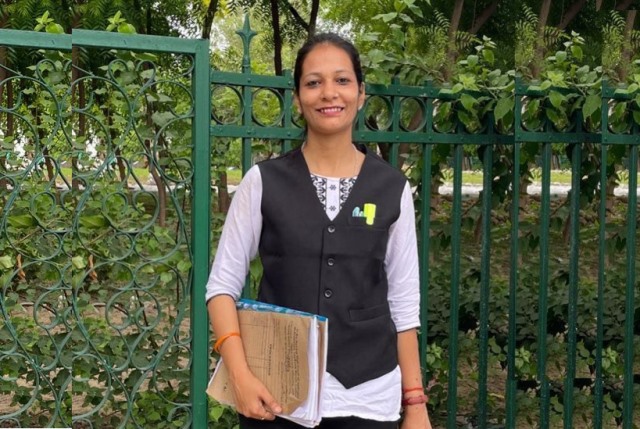
Saving Hills From Human Influx Is A Shared Responsibility
Dr Sudhanshu Joshi, an associate professor at the School of Management, Doon University, Uttarakhand, says unchecked highland tourism can result in a cascade of adverse outcomes. His views:
With their awe-inspiring landscapes, rich biodiversity, and distinct ecosystems, hills are natural treasures that require utmost care and protection. In addition to regulating water flow, sustaining diverse flora and fauna, and even acting as carbon sinks, they provide essential ecological services. However, the rapid influx of tourists, frequently motivated by economic interests, can threaten the very attractiveness and integrity that attracts tourists in the first place.
Unchecked highland tourism can result in a cascade of adverse outcomes. Trampling and habitat devastation can upset the delicate equilibrium of an ecosystem. Foot traffic, unregulated camping, and infrastructure construction can degrade soil, harm plant life, and disrupt animal habitats. This can lead to biodiversity loss, with species being driven to the brink of extinction due to human disturbances.
In addition, the unregulated development of hotels, resorts, and other facilities can result in deforestation, land degradation, and habitat fragmentation. These impacts impair the environment and diminish the hills’ distinctive qualities that attract tourists. In addition to contributing to air and noise pollution, the influx of vehicles disturbs fauna and alters natural soundscapes.
To secure the hills and preserve their individuality, a comprehensive strategy is required:
1. Carrying Capacity Evaluation: It is essential to determine the number of visitors a hill area can accommodate without suffering irreparable damage. This involves comprehending the ecological boundaries of the environment and establishing visitor restrictions accordingly.
2. Sustainable Infrastructure: Any hillside development should adhere to stringent sustainability guidelines. Low-impact designs, using locally sourced materials, and eco-friendly building techniques can help reduce environmental footprint.
3. Waste Management: Establishing efficient waste management systems is essential. This includes encouraging visitors to take their trash, promoting responsible refuse disposal, and implementing recycling programs.
ALSO READ: Not Just Joshimath, Entire Uttarakhand Is Sitting On Powderkeg
4. Community Involvement: It is essential to involve local communities. They possess beneficial environmental knowledge and play a crucial role in managing and preserving their surroundings.
5. Education and Awareness: It is essential to educate both tourists and locals on the significance of preserving the highlands. The fragility of these environments can be brought to light through interpretive centers, informative signage, and guided excursions. Media and films can also be used as an effective medium to increase awareness about the grim result of excessive pressure on hills.
6. Implementing and enforcing regulations that regulate tourism activities can help prevent the hills from becoming overburdened. This may entail entry permits, restrictions on particular activities, and compliance monitoring.
7. Encouragement of Sustainable Practices: Encouraging responsible tourism practices, such as minimal-impact trekking, wildlife observation, and respect for local cultures, can reduce damage while allowing people to appreciate the hills.
Thus, protecting hills from the adverse effects of tourism is a shared responsibility among government entities, local communities, businesses, and visitors. By employing a comprehensive strategy that incorporates carrying capacity assessments, sustainable infrastructure, waste management, community engagement, education, regulations, and promoting sustainable practices, we can ensure that the character of hills is preserved for future generations.
The narrator teaches Supply Chain Management with a focus on sustainability and climate change. He is also the regional coordinator of the PM Gati Shakti National Plan
As told to Deepa Gupta
Read More: http://13.232.95.176/



